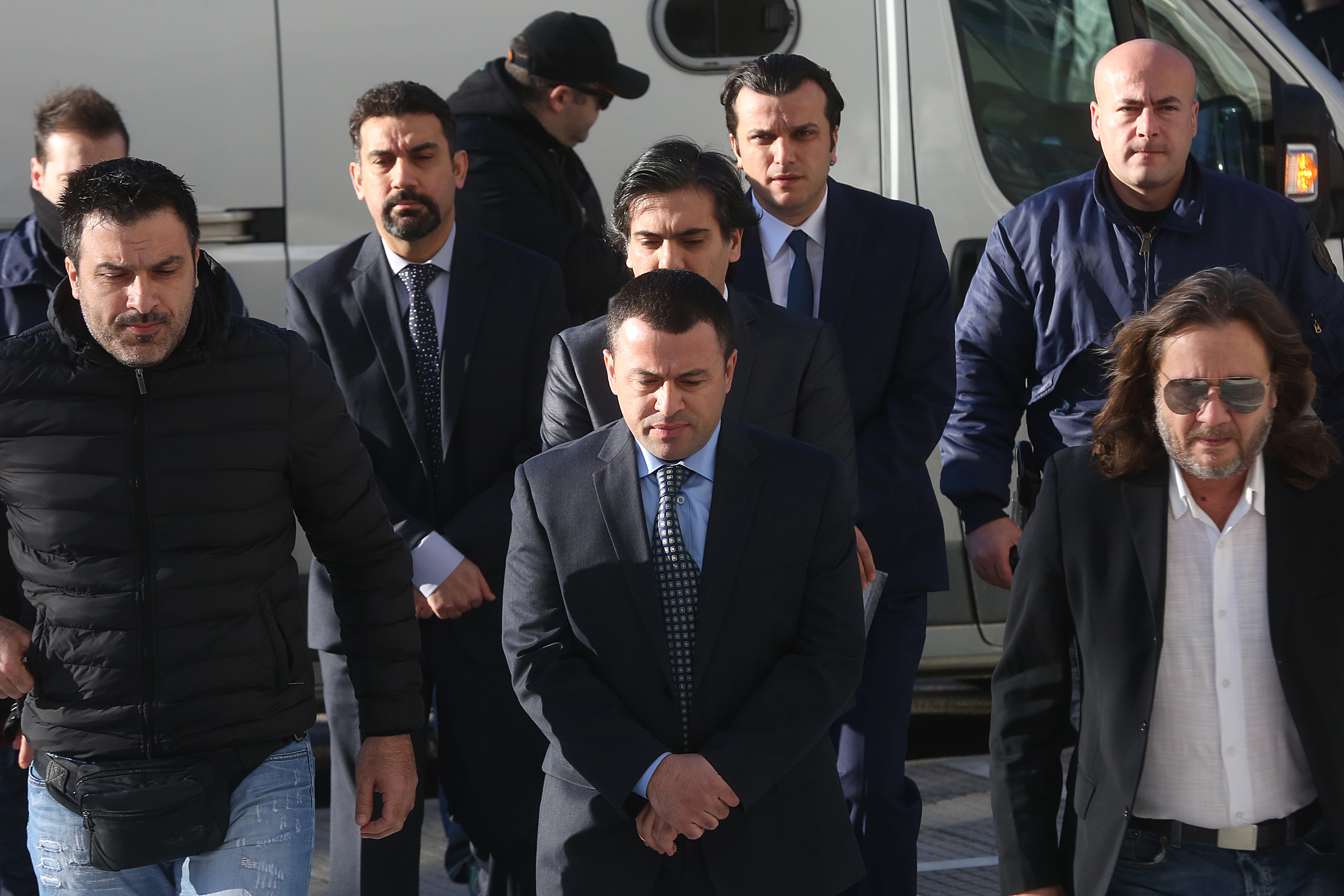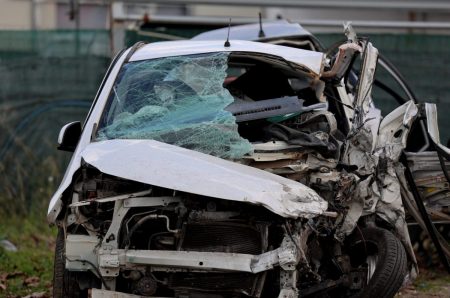The Turkish foreign ministry has denounced a decision by Greece’s Council of State granting asylum to one of eight Turkish army officers that fled to Greece after the abortive July, 2016 coup against President Recep Tayyip Erdogan.
The sharply worded statement characterises Greece as a country that harbours coup plotters and accuses Athens of violating international law, but without further clarification.
The full statement reads as follows:
“The Greek Council of State, in defiance of the rules of international law, granted asylum to putschist Süleyman Özkaynakçı.
It has been thereby reaffirmed by the international community that Greece is a country, which protects and shelters the putschists. We strongly condemn this decision that deeply offends the conscience of the Turkish nation. We hope that the Greek judiciary will refrain from repeating the same mistakes by taking similar biased decisions in the future.”
Several extradition requests submitted by Ankara have been rejected, as the Greek judiciary opined that the officers could not be guaranteed a fait trial in Turkey.
The asylum decision for the first officer is considered a strong precedent for the other seven, who are also applying.
The Council of State, which is Greece’s court of cassation, on 23 May essentially dismissed a petition by then migration minister Yannis Mouzalas, requesting that the court annul the decision of an asylum committee granting asylum toÖzkaynakçı.
He was the co-pilot of the helicopter with which all eight officers fled the Turkish coast and landed in Alexandroupolis, the day after the thwarted coup.
The decision is irrevocable. That means Özkaynakçı will be granted travel documents that will allow him to travel to any European Union country. He has been kept under guard at an unknown location, for his safety, however when the decision is published he will be freed.
Aside from Ankara’s angry reaction, the ruling drew criticism from the Turkish press, which reported extensively on the matter. Indicatively, the daily Hurriyet spoke of a “scandalous decision”
`



